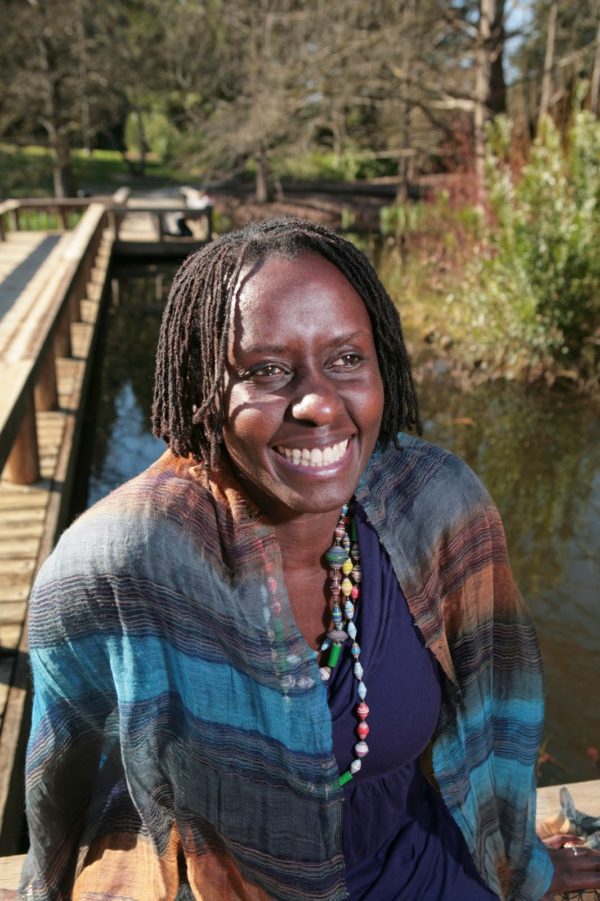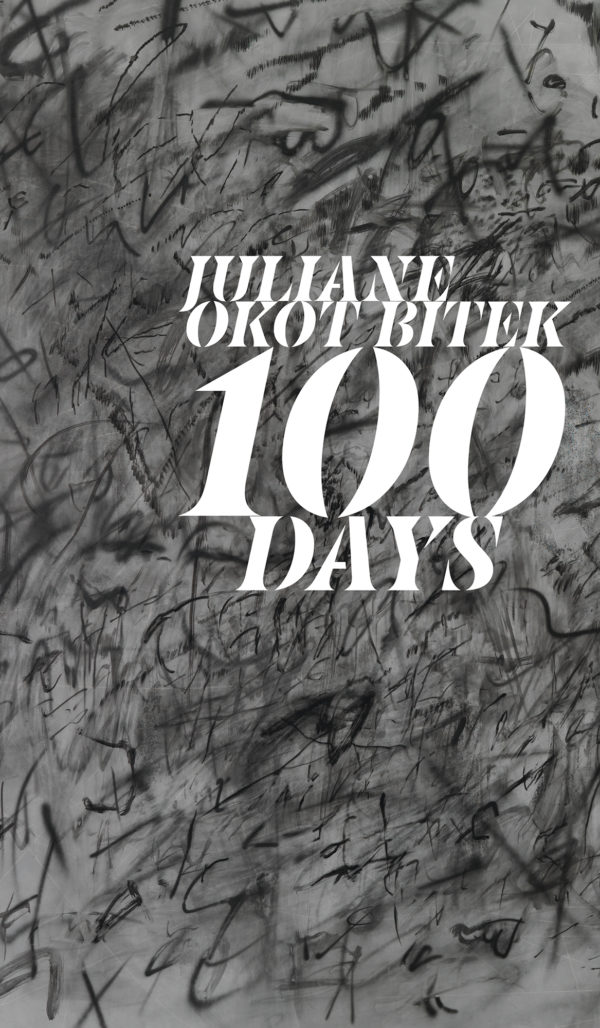
Juliane Okot Bitek’s Poetry Collection, 100 Days, was published last year. The poems were “inspired by the quiet homage to the 1994 Rwanda Genocide that Wangechi Mutu started posting on social media on April 6” of 2016. As Mutu posted her photographs, Bitek wrote a poem a day.
In a new piece in Huffington Post, Somali writer and visual artist Diriye Osman, author of the Polaris Award-winning short story collection Fairytales for Lost Children and of the forthcoming novel We Once Belonged to the Sea, has called it “a masterpiece.”
Daughter of the legendary Ugandan poet Okot p’Bitek, Juliane Okot Bitek, who was born in Kenya and raised in Uganda, is a PhD Candidate with the University of British Columbia’s Liu Institute for Global Issues in Vancouver. Her short story, “Going Home,” won a special mention in the 2004 Commonwealth Short Story Contest.

Here is an excerpt from Osman’s piece.
Juliane Okot Bitek is a memory keeper, and the memories she wishes to preserve in her majestic collection of poetry, 100 Days, are of the collapse of the imagination that was the 1994 Rwandan genocide, when more than a million Tutsis were hacked to death by their Hutu kin and countrymen in just a hundred days.
Over the course of a hundred poems, each one a document of the days when Rwandans were engaged in a grotesque actualisation of hell as the world averted its gaze, our collective inertia an act of moral complicity, Okot Bitek reminds us again and again why such memory keeping matters, and why the Rwandan genocide remains a bowel-to-core betrayal of the most elemental notion of what it means to be a human being.
It is this betrayal that Okot Bitek kicks off with, and the first betrayer is the soil in which these seeds of xenophobia have taken root, lending the whole landscape a mephitic dimension.
Okot Bitek layers this landscape with texture and vividity, imbuing the horror of those hundred days with technical adroitness and the kind of wisdom that has to be earned.
Read the full piece HERE.










COMMENTS -
Reader Interactions